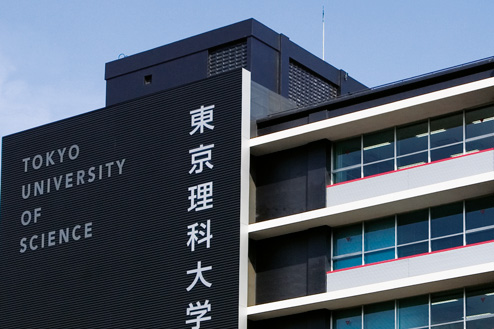Pensions
Japan has a national pension scheme that was devised as a social safety net for residents aged 65 and older. It is mandatory for all residents aged 20 to 59, including foreigners. There are two types of pension: national and employee. The national pension scheme is meant to provide the most basic benefits, which can be collected under disability benefits, bereavement benefits, and those for seniors and the elderly.
Your employer may also have a pension scheme, which offers additional payments and benefits. If this is the case, you will still automatically be enrolled in the national scheme. Your monthly payments will be higher (deducted automatically from your salary), but you will receive more benefits in the long run. Private companies may provide pension plans, but in general foreign employees are not eligible.
If your employer does not provide you with a pension or you are self-employed, you must register for the national pension scheme independently at your ward office. You will receive a bill by post each month that you can pay at banks and post offices.
As of 2007, the average national pension payment is set to rise 0.354% each year until 2016 due to pension reforms in 2004. Most expats do not stay in the country long enough to collect their benefits, which kick in at the age of 65 and after 25 years of payments, but you are eligible to receive a lump sum refund of your pension payments, which is variable depending on the length of time you’ve paid into the system. This is provided you no longer reside in Japan, have paid into the system for at least six months and did not receive any pension payments during your residency. Just submit a form to the pension agency by mail within two years of your departure and payments will be remitted to your bank account abroad.
Your employer may also have a pension scheme, which offers additional payments and benefits. If this is the case, you will still automatically be enrolled in the national scheme. Your monthly payments will be higher (deducted automatically from your salary), but you will receive more benefits in the long run. Private companies may provide pension plans, but in general foreign employees are not eligible.
If your employer does not provide you with a pension or you are self-employed, you must register for the national pension scheme independently at your ward office. You will receive a bill by post each month that you can pay at banks and post offices.
As of 2007, the average national pension payment is set to rise 0.354% each year until 2016 due to pension reforms in 2004. Most expats do not stay in the country long enough to collect their benefits, which kick in at the age of 65 and after 25 years of payments, but you are eligible to receive a lump sum refund of your pension payments, which is variable depending on the length of time you’ve paid into the system. This is provided you no longer reside in Japan, have paid into the system for at least six months and did not receive any pension payments during your residency. Just submit a form to the pension agency by mail within two years of your departure and payments will be remitted to your bank account abroad.













